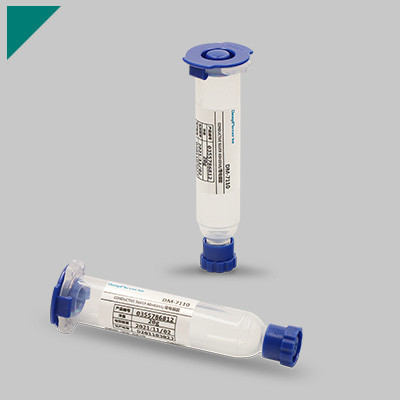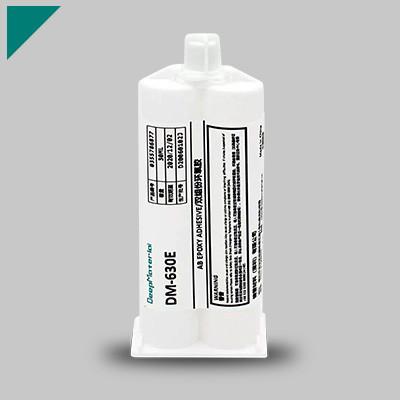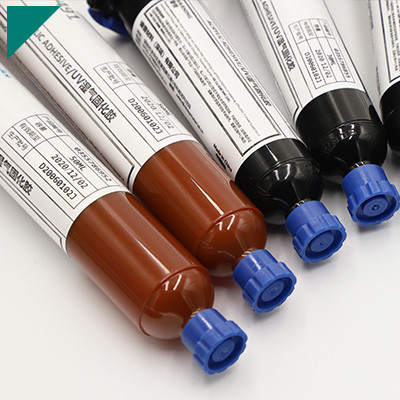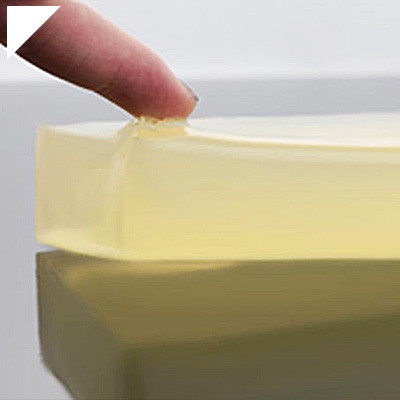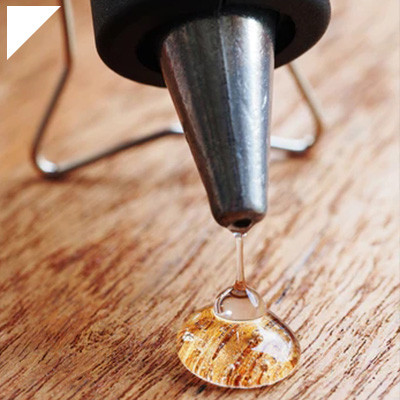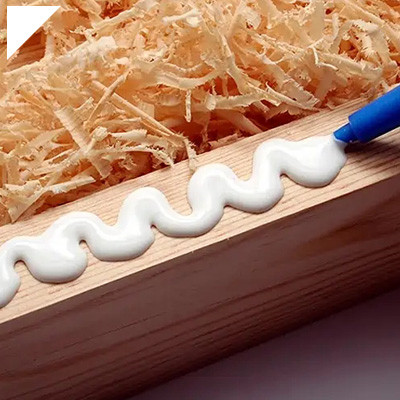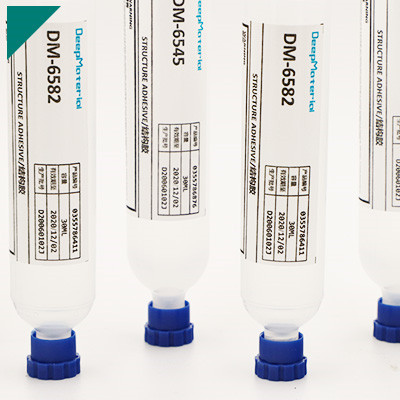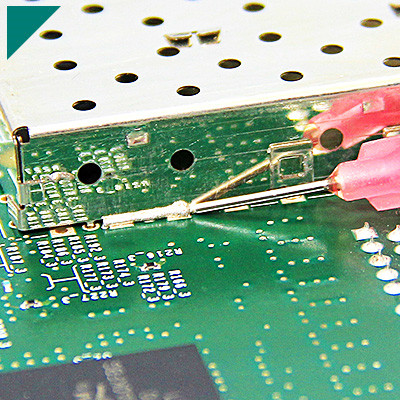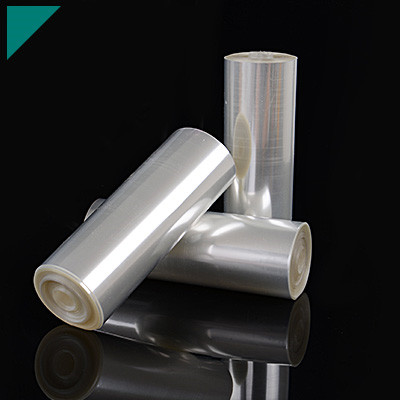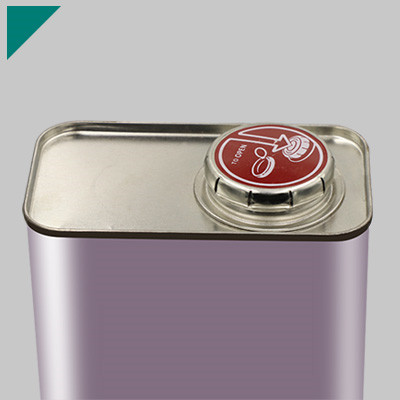Potting Compound For EV Motors

As the automotive industry continues its rapid transition towards electric vehicles (EVs), every component’s efficiency and reliability become paramount. Electric motors play a central role in powering EVs among these critical components, making their performance optimization a top priority. One lesser-known yet crucial aspect of enhancing electric motor performance is potting compounds. Potting compounds, often overlooked, provide vital protection and insulation for the sensitive components within EV motors, ensuring their long-term functionality and reliability.
Understanding Potting Compounds
Potting compounds encapsulate and protect components from environmental factors such as moisture, dust, vibrations, and temperature fluctuations. They are typically made of epoxy resins, polyurethanes, silicones, or other specialized polymers. Potting compounds are poured or injected into enclosures or cavities containing electronic components, where they then cure to form a solid, protective barrier.
Enhancing Thermal Management
One of the primary challenges in EV motor design is managing heat generated during operation. Excessive heat can degrade the performance and lifespan of electric motors. Potting compounds with high thermal conductivity can help dissipate heat more effectively, preventing overheating and maintaining optimal operating temperatures. These compounds improve motor performance and reliability by efficiently transferring heat away from critical components.
Ensuring Mechanical Stability
In addition to thermal management, potting compounds provide mechanical stability to electric motors. They help dampen vibrations and reduce mechanical stress on delicate components, minimizing the risk of damage or failure. This mechanical protection is crucial in EVs, where motors may be subjected to various road conditions and driving environments. Potting compounds reinforce the structural integrity of electric motors, ensuring they withstand the rigors of everyday use.
Protecting Against Environmental Factors
Electric motors in EVs are exposed to diverse environmental conditions, including moisture, chemicals, and debris. Potting compounds create a robust barrier that shields internal components from these external elements, preventing corrosion, contamination, and electrical shorts. This protection is essential for maintaining the performance and longevity of EV motors, especially in harsh operating environments.
Improving Electrical Insulation
Another critical function of potting compounds is providing electrical insulation to the components within electric motors. These compounds prevent electrical leakage, short circuits, and other electrical failures by encapsulating sensitive electronics. This insulation is vital for ensuring the safety and reliability of EVs, protecting both the vehicle and its occupants from potential hazards associated with electrical malfunctions.
Facilitating Manufacturing Processes
Potting compounds also offer advantages during the manufacturing process of EV motors. Their liquid form allows for easy application through various methods such as pouring, injection molding, or potting. Once applied, these compounds cure quickly to form a solid, seamless encapsulation, simplifying assembly and reducing production time. Additionally, potting compounds can be formulated to meet specific viscosity, curing time, and other requirements, making them adaptable to different manufacturing processes and motor designs.
Conclusion
Every component’s role is critical in the relentless pursuit of enhancing the efficiency and reliability of electric vehicles. Potting compounds may not be as prominent as batteries or motors, but their importance in ensuring the performance and longevity of EVs cannot be overstated. From thermal management to mechanical stability, environmental protection, and electrical insulation, potting compounds play a multifaceted role in optimizing the functionality of electric motors. As the demand for electric vehicles continues to grow, so will the need for advanced potting compounds tailored to meet the evolving challenges of the automotive industry. By leveraging the potential of potting compounds, manufacturers can ensure that the electric motors powering the vehicles of tomorrow deliver unparalleled performance and reliability.
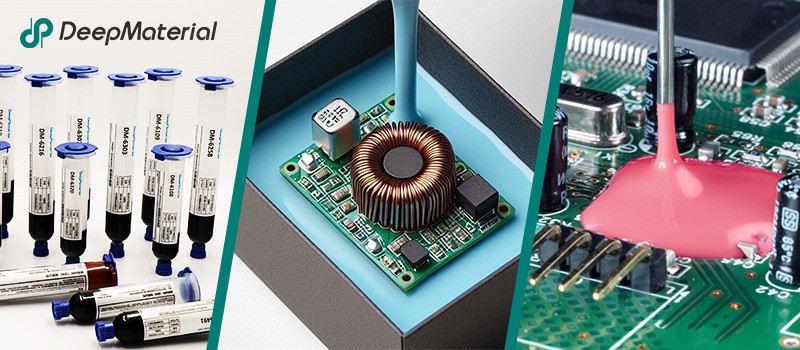
About DeepMaterial
DeepMaterial is a trusted supplier of encapsulant materials that are used in electronics manufacturing worldwide. From chip on board encapsulants such as glob top material to conformal coatings, underfills, low pressure molding, and potting solutions, DeepMaterial offers a full range of circuit board protection materials that effectively protect circuit boards while help reduce costs. More…Deepmaterial is a the manufacturer of epoxy adhesives including hardeners, metalbond, and metal filled resins. Structural, toughened medium viscosity, and non-sag adhesives are also offered. Some adhesives are resistant to thermal shock, chemical, vibration dampening, and impact. Suitable for metals, plastics, wood, and ceramics. Serves electronics, aerospace, automotive, tooling, marine, and construction industries. REACH and RoHS compliant. FDA approved. UL listed. Meets military specifications. We are the one of best adhesive manufacturers in China.
Blogs & News
Potting compounds are at the frontline of electronics assembly, delivering effective protection in challenging environmental conditions while improving mechanical strength and offering high electric insulation. Used within a variety of industries, electrical potting compounds are found within a broad range of consumer electronics, as well as used in applications across the automotive, aerospace, and other industries where electronic assemblies are prevalent.
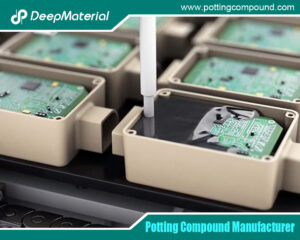
The Comprehensive Guide to Polyurethane Potting Compound Manufacturers
The Comprehensive Guide to Polyurethane Potting Compound Manufacturers In today’s rapidly advancing technological landscape, the protection and reliability of electronic components have become paramount.
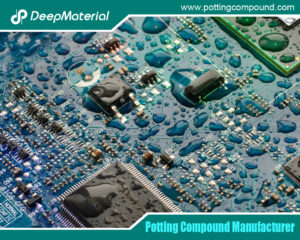
The Comprehensive Guide to Epoxy Potting Compound Manufacturers
The Comprehensive Guide to Epoxy Potting Compound Manufacturers Epoxy potting compounds are essential materials in the electronics industry, providing robust protection for sensitive components against
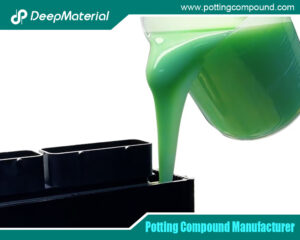
The Essential Guide to Potting Materials for Electronics
The Essential Guide to Potting Materials for Electronics In the rapidly evolving field of electronics, ensuring device reliability and longevity is critical. One of the
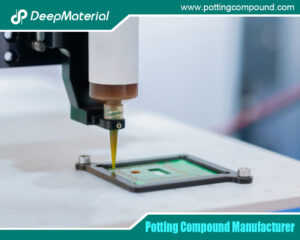
The Expanding Horizon of the Mini Silicone Optical Glue Market
The Expanding Horizon of the Mini Silicone Optical Glue Market The mini silicone optical glue market is witnessing unprecedented growth, fueled by technological advancements and
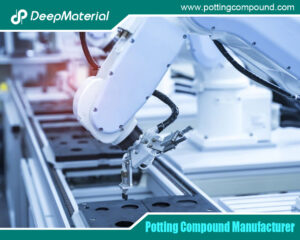
The Comprehensive Guide to PCB Potting Services: Ensuring Reliability in Electronics
The Comprehensive Guide to PCB Potting Services: Ensuring Reliability in Electronics Printed Circuit Boards (PCBs) are the backbone of modern electronics, enabling functionality in
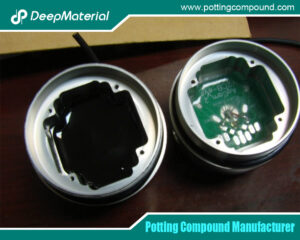
Comprehensive Insights on PCB Encapsulation in Potting Material
Comprehensive Insights on PCB Encapsulation in Potting Material In the fast-evolving landscape of electronics, ensuring the durability, reliability, and longevity of printed circuit boards

